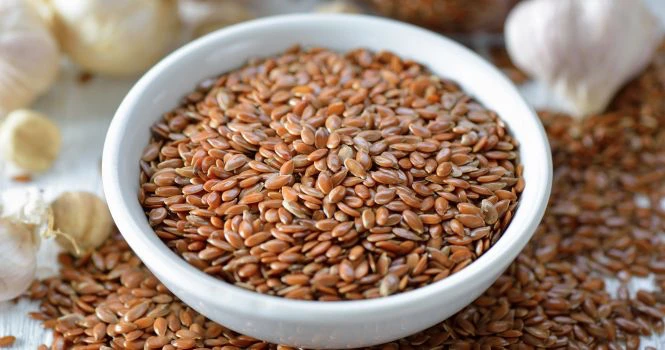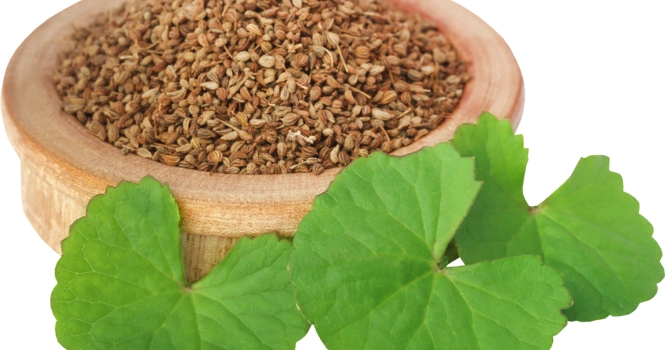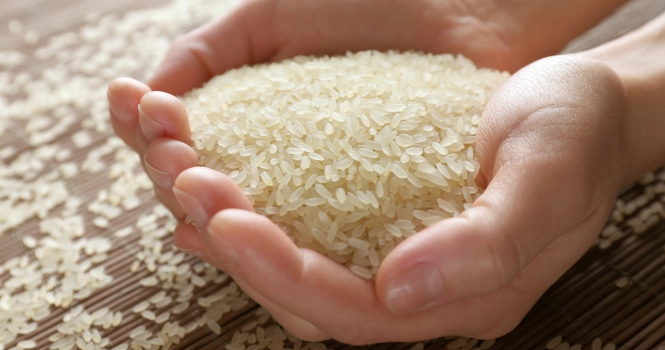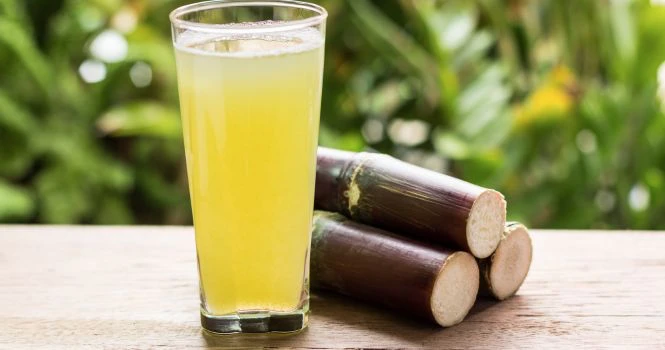Flaxseed Benefits: A Comprehensive Guide

What is Flaxseed?
Flaxseed, also known as linseed, is a nutrient-dense seed derived from the Linum usitatissimum plant. Used for centuries in traditional medicine and modern nutrition, flaxseed is rich in omega-3 fatty acids, fiber, protein, lignans, and essential vitamins and minerals. It is widely recognized for its potential health benefits, including improved heart health, digestion, and hormonal balance.
Flax seeds can be consumed whole, ground (flax seed meal), or as flaxseed oil. Ground flaxseed benefits digestion more effectively than whole seeds, as grinding helps unlock their nutrients. Golden flaxseed and brown flaxseed are two common varieties, both offering similar health benefits.
Where is Flaxseed Grown?

Flaxseed is cultivated in various parts of the world, with Canada, Russia, China, and the United States being the largest producers. The flax plant thrives in cooler climates, and in the U.S., it is primarily grown in North Dakota, South Dakota, and Montana.
Flax plants reach a height of two to three feet and produce blue or white flowers before developing seed pods. Once harvested, flax seeds undergo processing and are available in different forms, such as flaxseed powder, ground flax seeds, and flaxseed oil.
Flax plants typically take 100 days to mature, making them a relatively quick-growing crop.
Nutritional Benefits of Flaxseed
Flax seeds are highly nutritious and provide essential macronutrients, fiber, and plant-based omega-3s.
According to USDA FoodData Central, per one tablespoon (10 grams) of flax seeds contains,
| Nutrient | Amount |
| Calories | 55 |
| Total Fat | 4.3g |
| Omega-3 | 2.3g |
| Carbohydrates | 2g |
| Fiber | 1.9g |
| Protein | 1.9g |
| Calcium | 17.5mg |
| Iron | 0.4mg |
| Magnesium | 27mg |
| Phosphorus | 44mg |
| Potassium | 61mg |
| Zinc | 0.3mg |
| Vitamin B1 | 0.1mg |
| Folate | 8mcg |
The flax seeds nutritional benefits make them ideal for heart health, digestion, and weight management.
What is Flaxseed Good For?
Flaxseed Benefits for Weight Loss
A study published by the National Institutes of Health indicates that flaxseed supplementation may assist in weight reduction and improve body composition.
Flax seeds may aid in weight loss due to:
- High Fiber Content: Promotes fullness, reducing overall calorie intake.
- Metabolism Boost: Omega-3s in flaxseed enhance metabolism.
- Regulates Blood Sugar: Helps prevent insulin resistance.
- Reduces Inflammation: Aids in weight management by combating chronic inflammation.
Health Benefits of Flaxseed for Women
- Hormonal Balance: Lignans in flax seeds support estrogen levels, beneficial for menopause and PCOS.
- Breast Health: The antioxidants in flaxseed may lower the risk of hormone-related cancers.
- Digestive Support: High fiber aids constipation relief.
Flaxseed Benefits for Men
- Prostate Health: Lignans in flaxseed help reduce the risk of prostate issues.
- Heart Health: Omega-3s lower blood pressure and cholesterol.
Flaxseed for Cholesterol and Heart Health
A meta-analysis reported in the Journal of Nutrition found that flaxseed consumption is associated with a reduction in total and LDL cholesterol levels.
Regular flaxseed intake may help lower cholesterol levels and support heart function due to its fiber and lignans.
Some research even suggests that cholesterol plays a role in cancer prevention, making balanced cholesterol levels important for overall health.
How to Use Flaxseed
Flax seeds can be consumed in various forms:
- Whole Flax Seeds: Ideal for blending into smoothies or baking.
- Ground Flax Seeds (Flaxseed Meal): Best for digestion and nutrient absorption.
- Flaxseed Powder: Used in shakes and energy bars.
- Flaxseed Oil: A great source of omega-3s for salads and smoothies.
- Flaxseed Water: Soaking flax seeds in water overnight enhances digestion.
How to Consume Flax Seeds in Cooking
- Flaxseed Flour Recipes: Substitute flaxseed flour for part of the flour in baked goods.
- Flax Smoothies: Add flax meal in smoothies for extra fiber and nutrients.
- Boiling Flax Seeds: Some prefer to boil flax seeds to extract mucilage, a natural thickener.
- Flaxseed Tea: Boiling flaxseed in water creates a nutritious herbal drink.
How Much Flaxseed Per Day?
For optimal health benefits, it is recommended to consume 1 to 2 tablespoons of ground flaxseed daily. Excessive intake may cause digestive discomfort.
Flaxseed Side Effects
While flaxseed is generally safe, excessive consumption may lead to:
- Digestive Issues: High fiber intake can cause bloating or gas.
- Medication Interactions: Flax seeds may interfere with blood thinners and cholesterol medications.
- Allergic Reactions: Some individuals may experience skin irritation or breathing issues.
- Cyanide Toxicity: Raw flaxseed contains trace amounts of cyanogenic compounds, but cooking or processing neutralizes them.
Flax Seeds vs Chia Seeds
Both flax seeds and chia seeds offer similar health benefits, but differ in key areas:
| Feature | Flax Seeds | Chia Seeds |
| Omega-3 Content | Higher in ALA | Contains EPA and DHA |
| Fiber Content | High | Slightly higher |
| Protein | Moderate | Higher |
| Antioxidants | Rich in lignans | Contains polyphenols |
| Texture | Nutty and crunchy | Gel-like when soaked |
Both can be incorporated into a healthy diet for optimal nutrition.
Looking for more high-fiber foods? Check out our list of the best fiber-rich foods!
Flax seeds are a powerful superfood with numerous health benefits, from supporting heart health and digestion to balancing hormones. Whether consumed as flaxseed meal, flaxseed powder, or flaxseed oil, these seeds can be an integral part of a healthy diet.
Incorporating flax seeds into daily meals can enhance overall well-being, making them an excellent choice for those looking to improve their nutrition, metabolism, and overall health.
Yes, flaxseed has anti-inflammatory properties and may support liver health, making it beneficial for individuals with fatty liver disease.
Yes, you can boil flax seeds to create flaxseed tea or extract mucilage, a natural thickener beneficial for digestion.
Flax seeds are high in lignans, which can help balance estrogen levels, supporting conditions like PCOS and menopause.
Flax seeds have a glycemic index (GI) of almost 0 because they contain very low carbohydrates and are primarily composed of fiber, healthy fats, and protein.
Flax typically takes 100 days to mature, making it a relatively fast-growing crop.









